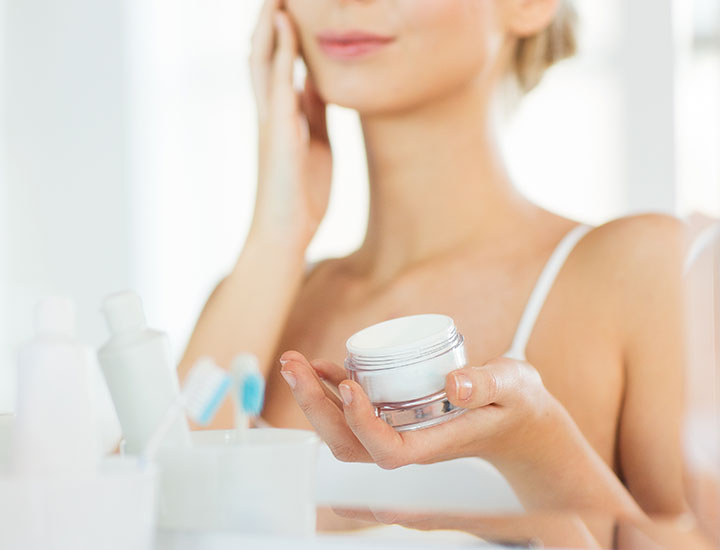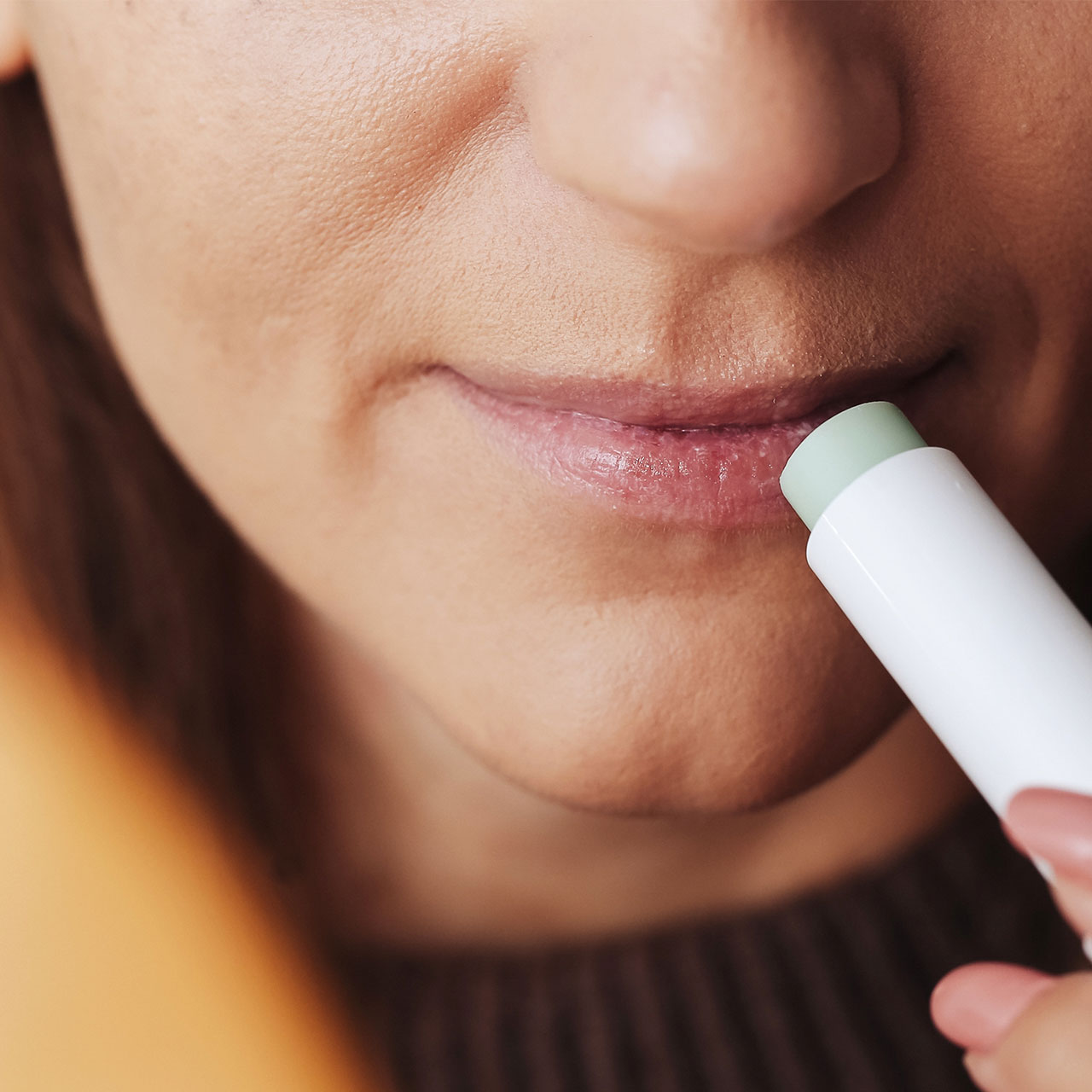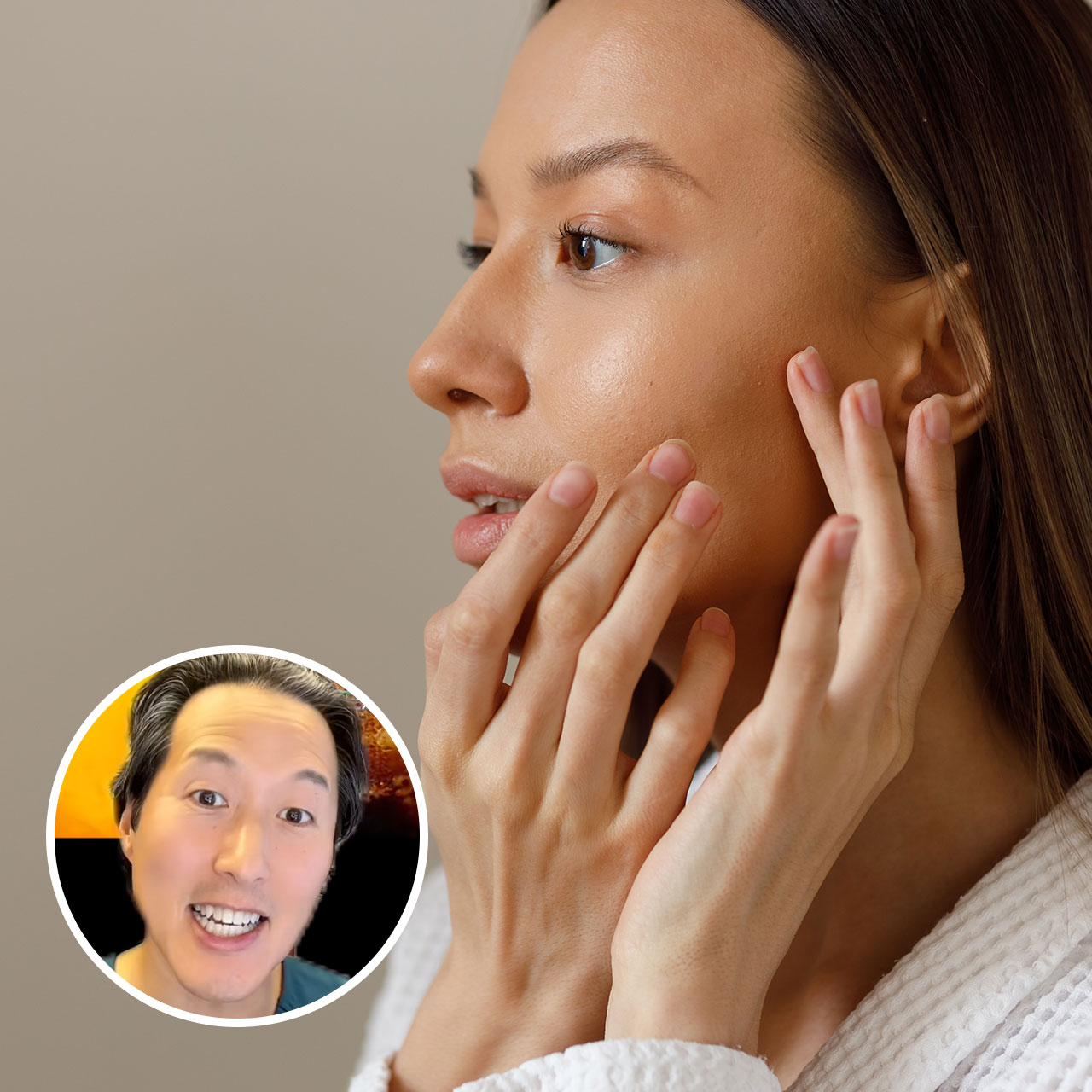SheFinds receives commissions for purchases made through the links in this post.
The flowers are blooming, the weather is heating up, you’re thinking about sand, vacations, and more time spend outdoors — and your skin has decided this is the perfect time to start acting up. Even though we associate cold winter weather with dry skin and discomfort, there is actually an uptick in parched skin when the seasons change and as we prepare to greet summer. This common occurrence even has a cute name (for a not-as-cute situation): “spring skin dry-out.” If you are prone to dry skin this time of year and have always wondered why it happens and, more importantly, what you can do about, we have tips from the experts themselves. Spring dry-out is a real thing and dermatologists explain how to avoid it.
What is spring dry-out?
Put simply, “Spring skin dry-out” is another way of describing the transitions in our skin as the weather changes, explains Dr. Angela Casey MD, the founder of Bright Girl youth skincare line who is in practice at Center for Surgical Dermatology and Dermatology Associates. “As a dermatologist, I get this question often at this time of year. I have many patients coming in, feeling a need to adjust their skincare routines and habits to accommodate for some of the changes that they are seeing in their skin as the weather warms up,” Dr. Casey says.

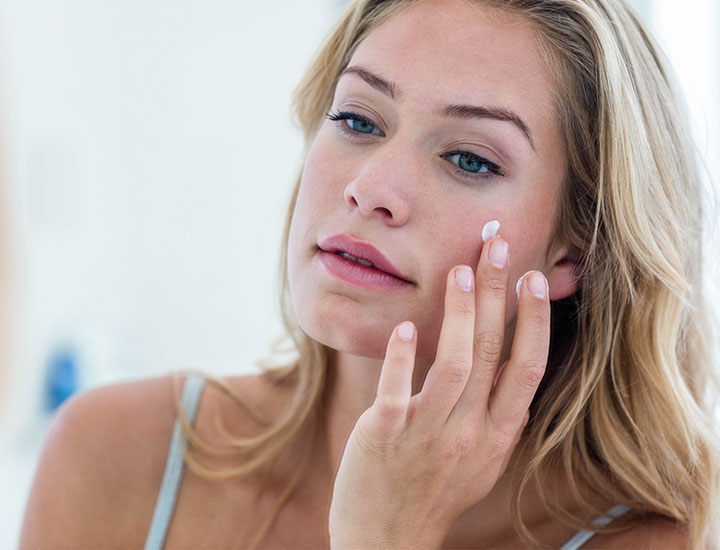
In the winter months, Dr. Casey goes on to explain, our skin adapts to the cold, dry environment that surrounds us. The cold air outside is irritating and drying to our skin while heat within our homes and workplaces further dehydrates us. “As our skin gets drier, we will notice more of the dead skin cells that are being shed on the surface and most of us feel a need to moisturize, often with thicker, more occlusive creams and lotions,” Dr. Casey says. “Many of my patients add an oil-based serum to their regimens, providing that extra layer of moisturization and skin conditioning to help prevent transepidermal water loss.
As spring arrives, our external environment warms up and the air becomes more humid. Now our skin has to adjust again. We might notice that the richer creams that we were using in the winter months now feel too heavy.”
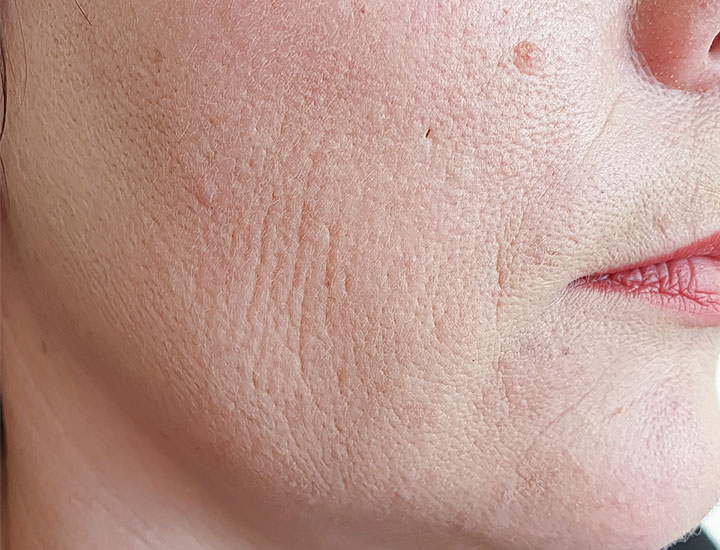
Furthermore, inflammation is at the root of the spring skin dry out; when our skin becomes inflamed, it tends to lose moisture and this leads to dehydration and sensitivity, Dr. Casey says. There are several factors that contribute to inflammation in our skin during the spring:
** Seasonal Allergies: “Seasonal allergens are in full swing, with the most likely culprit being pollen,” Dr. Casey says. “The grasses, trees, and flowers in bloom can cause irritation and sensitivity in our skin, leading to more inflammation; this in turn, dries out our skin.”
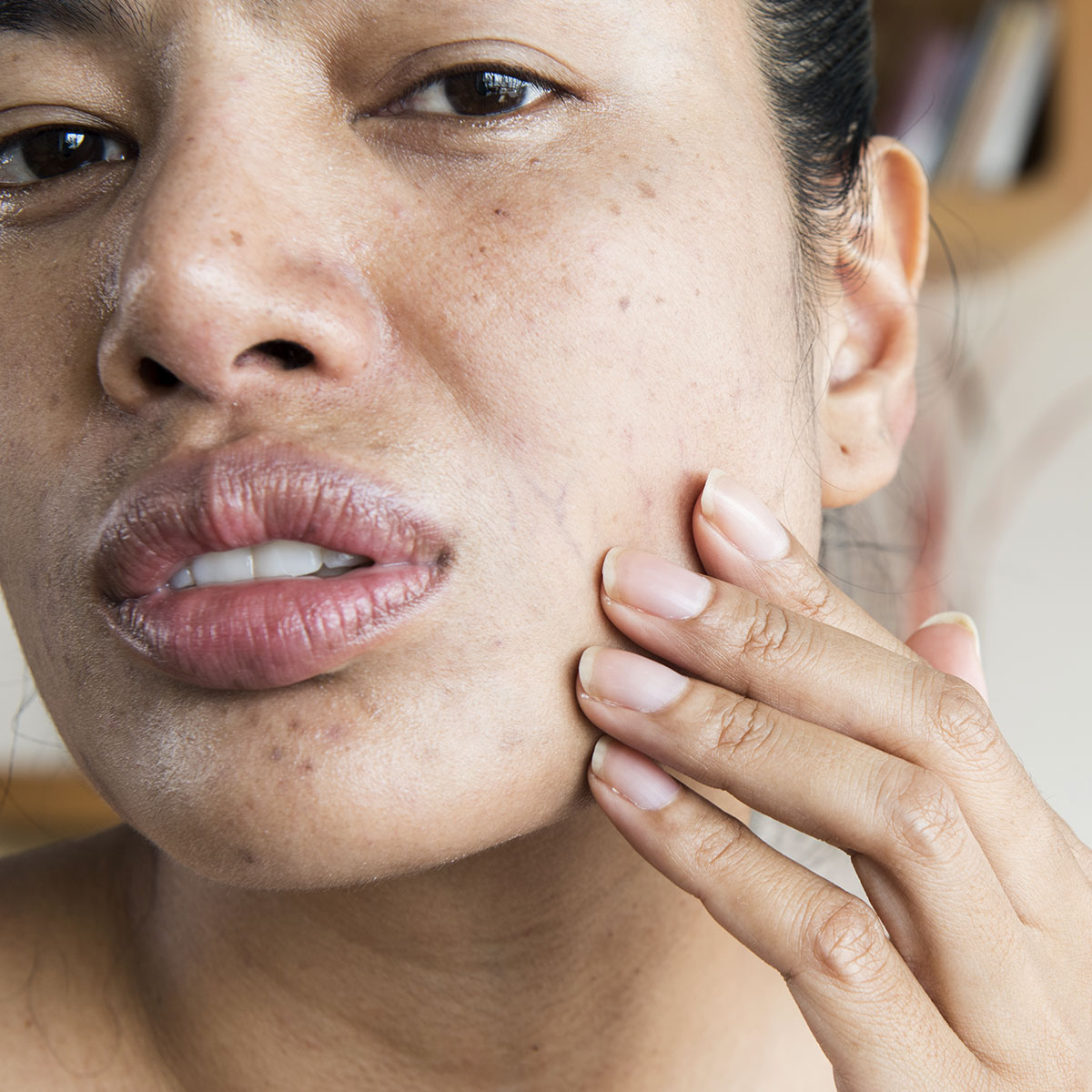
** Heat: The warmer temps feel great, but with them we can see more blood flow and heat within our skin; individuals who are prone to rosacea might experience more flushing and redness in their skin during the spring and summer, Dr. Casey warns.
** Sun exposure: “As we get outdoors more, our skin has more exposure to UV light, and this is a major cause of inflammation within our skin,” Dr. Casey says. “It's important to wear sunscreen year-round, but especially so when we are outdoors in the spring, enjoying the beautiful weather. Choose a broad-spectrum, mineral sunscreen with an SPF 30 or higher. Be sure to reapply every 2 hours when outdoors.”

Prevention
There’s not much you can do to stop spring and summer coming (not like you’d want to!). But you’ll feel more in control if you anticipate that your skin will change and change with it.
“Be in tune with your local environment and how your skin reacts to environmental allergens,” Dr. Casey says. “Develop a daily routine of a gentle, pH-balanced cleanser, appropriate moisturizer (that works for your skin type) and sunscreen each day. Get plenty of sleep; sleep deprivation is an often overlooked factor that plays a big role in our skin health and inflammation within our skin and our bodies.”

It’s also a wise idea to replace your heavier, thicker products with thin, hydrating layers, says Board-Certified Dermatologist Dr. Anna Chacon, a writer at MyPsoriasisTeam. “While a heavy moisturizer is not always necessary, ALL skin requires moisture, especially in warmer weather when there is also a tendency for greater humidity,” Dr. Chacon says. “A fantastic approach to add hydration without feeling like you'll turn into a greasy mess as soon as you go outdoors is with serums, especially ones with hyaluronic acid.”
Most of all, be aware of how your skincare is supporting your skin as the environment around you changes, says Dr. Casey. “There is no ‘one size fits all’ when it comes to skincare,” she says. “As a dermatologist, I am a big fan of Dr. Leslie Baumann's Skin Type Solutions program for helping you choose products that work for your skin.”





